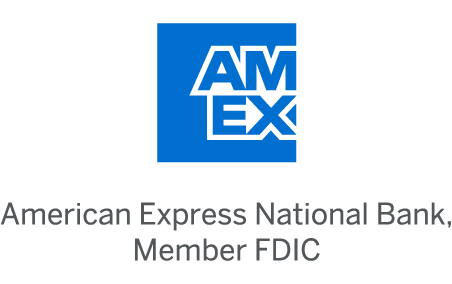How Much Cash Do You Need in a Recession?
KEY POINTS
- Recessions happen about every seven years.
- Preparing for one means building your emergency fund.
- Automating your savings in a high-yield account is a smart move.
Just a couple of years ago, many economists predicted a recession was imminent. We can all breathe a sigh of relief that this hasn't materialized yet.
However, it's important to remember that a recession isn't out of the question for America's future. Recessions typically occur every 6.5 years, a sobering reminder of why keeping cash on hand is a crucial part of financial planning.
But how much is the right amount?
Experts recommend having three to six months of living expenses in a savings account, regardless of the economic climate. Here's why and how to boost your savings.
Our Picks for the Best High-Yield Savings Accounts of 2024
|
American Express® High Yield Savings

APY
4.25%
Rate info
4.25% annual percentage yield as of July 16, 2024
Min. to earn
$1
Open Account for American Express® High Yield Savings
On American Express's Secure Website. |
APY
4.25%
Rate info
4.25% annual percentage yield as of July 16, 2024
|
Min. to earn
$1
|
|
Bask Interest Savings

APY
5.10%
Min. to earn
$0
Open Account for Bask Interest Savings
On Bask Bank's Secure Website. |
APY
5.10%
|
Min. to earn
$0
|
|
Citizens Access® Savings

APY
4.50%
Min. to earn
$0.01
Open Account for Citizens Access® Savings
On Citizens' Secure Website. |
APY
4.50%
|
Min. to earn
$0.01
|
What happens to jobs during a recession?
Unemployment has slowly ticked higher lately, reaching 4% last month. But that's nothing compared to unemployment levels during a recession.
During the Great Recession, which lasted from 2007 to 2009, unemployment spiked to 10% at its height. And during the short-lived COVID-19-induced recession in 2020, unemployment briefly reached 13%.
While these are extreme examples, they show just how much of a significant economic slowdown affects the labor market.
Why cash is necessary in a downturn
This is where having three to six months of expenses saved comes into play. If you or someone in your household loses their job, you'll need cash to cover your housing costs, food, insurance, car payments, and other major expenses.
If you're retired, most experts recommend having one or two years' worth of expenses in retirement.
But you don't just need this amount of cash. You also need easy access to it. That's why experts recommend keeping your cash liquid, like in a high-yield savings account. With a savings account, you won't be penalized for taking your cash out when you need it like you would if you put it into a certificate of deposit (CD).
A money market account is also a good option, as you'll have one-step access to your money via debit card or checks. Some pay APYs of 5.00% or higher right now, allowing you to withdraw money quickly without penalty.
How to boost your emergency fund
If you need some help increasing the amount in your emergency fund, here are a few tips.
1. Automate your savings
One of the easiest ways to contribute more to your savings account is to automate your deposits. You won't forget to move money into your emergency fund, and you'll be more likely to continue contributing because you don't have to decide to do it each month.
Automating a $100 deposit into your savings account each month will give you $1,200 in just one year -- a great first step toward building your emergency fund.
2. Cut expenses
I'm always surprised to find a subscription I'm still paying for whenever I go through my monthly budget. I add and drop subscriptions frequently, but sometimes, one or two stick around that I forgot about.
Use a budgeting app (I like Rocket Money, personally) to look through your expenses and see if there's at least one expense you can cut out and divert that cash to your emergency fund.
3. Try increasing your income
I know this is easier said than done, but increasing your income temporarily could do wonders for your emergency fund.
I recently took on an extra freelancing project for a few weeks to boost my pay and pay off my credit card debt. I was busier than usual, but the additional workload was worth it to achieve a financial goal. And because it was a short-term project, it was easier to keep the pace going, knowing there was an end in sight.
Whether you're planning for a recession or not, evaluating your emergency fund and seeing if you have enough is a good idea. No one knows when they could potentially lose their job or what other unexpected expenses could pop up, which makes it all the more important to work toward having three to six months of savings stashed away.
Alert: our top-rated cash back card now has 0% intro APR until 2025
This credit card is not just good – it’s so exceptional that our experts use it personally. It features a lengthy 0% intro APR period, a cash back rate of up to 5%, and all somehow for no annual fee! Click here to read our full review for free and apply in just 2 minutes.
Our Research Expert
We're firm believers in the Golden Rule, which is why editorial opinions are ours alone and have not been previously reviewed, approved, or endorsed by included advertisers. The Ascent, a Motley Fool service, does not cover all offers on the market. The Ascent has a dedicated team of editors and analysts focused on personal finance, and they follow the same set of publishing standards and editorial integrity while maintaining professional separation from the analysts and editors on other Motley Fool brands.
Related Articles
View All Articles